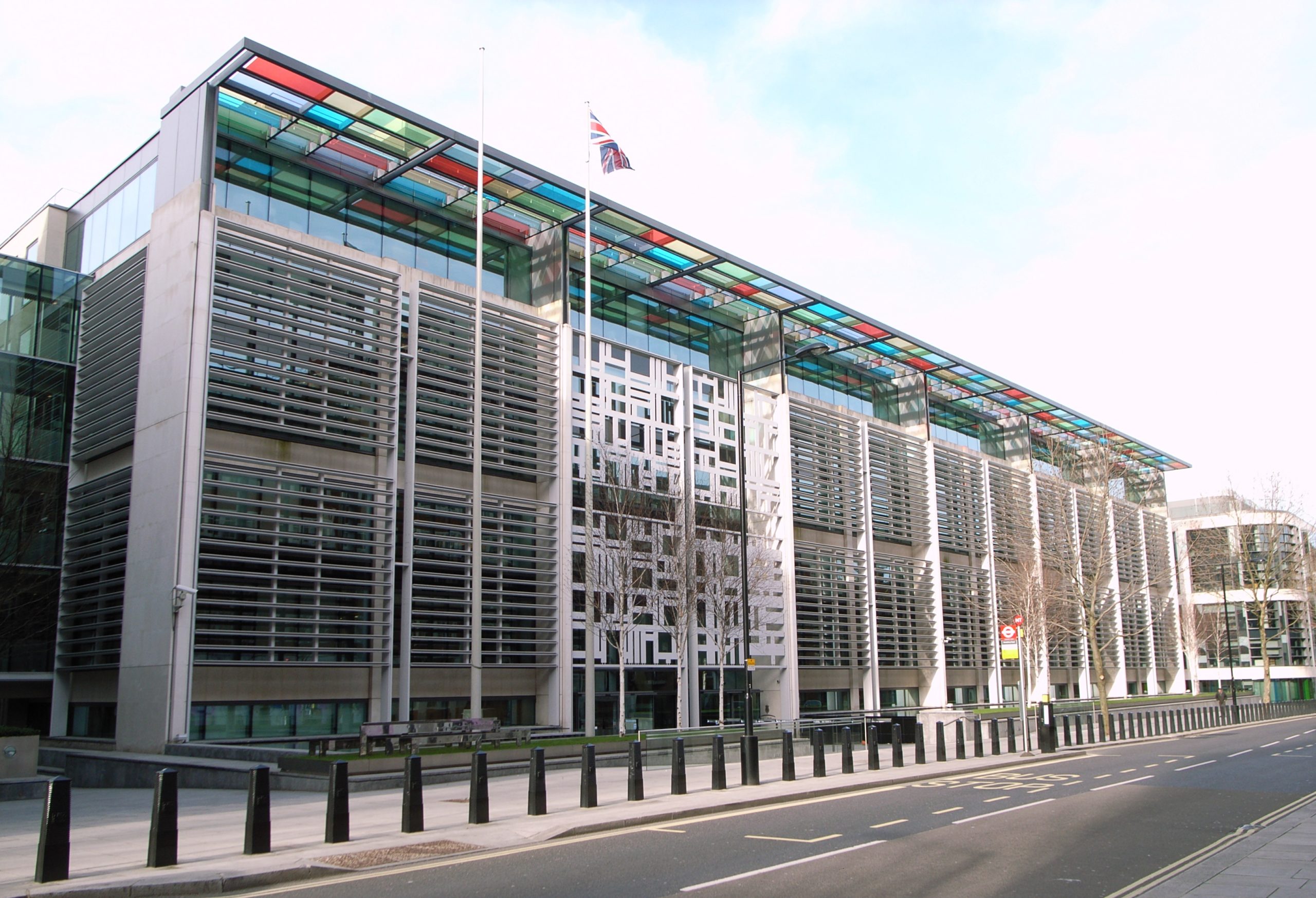A new scandal has arisen involving Priti Patel and bullying claims within the Government. In recent times, Home Secretaries have more often than not found themselves at the centre of a media storm. Matthew Whiteley analyses the public figures involved and the consequences.
At 8:30am on a Friday in April, a powerful woman entered the imposing building on 2 Marsham Street, London, to begin work. Just over 48 hours later, the woman was powerless, disgraced and besmirched by scandal. The woman was Amber Rudd, the year was 2018, and the Home Office had mercilessly claimed its latest victim as a result of the Windrush Scandal. The next day Sajid Javid was appointed the 93rd Home Secretary and the Whitehall clocked ticked on.
Since its creation in 1782, the office of Home Secretary quickly established itself as one of the four great offices of state, the political haven that politicians who seek to reform the domestic agenda have always aspired to. On his first day in office, Alan Johnson, Labour’s last Home Secretary, described the job as a “three course meal with a coffee and dessert.” With responsibilities ranging from terrorist prevention and the emergency services to border security and drug policy, it is not a job for the weak stomached.
The true nature of the Home Office is, however, far from a political haven. Like a Shakespearian tragedy, where the Home Office is cast as the cunning Iago or the culpable King Lear, a trail of quickly discarded political careers are strewn across the mighty stage upon which it operates. It is feasible to imagine the career of many a forgotten Home Secretary paraphrasing a dying Julius Caesar: “Et tu, Home Office?” they would ask, as the public, the media and often the Prime Minister drove their vituperate attacks into the back of a wounded political beast.

In recent years, the office of Home Secretary has become the embodiment of Donald Rumsfeld’s axiom: “In politics, every day is filled with numerous opportunities for serious error.” The latest ‘error’ to befall a Home Secretary concerns allegations that the current office holder, Priti Patel, “bullied and belittled” officials and attempted to have her most senior civil servant, Sir Philip Rutnam, removed from the Home Office. Despite the BBC reporting that both individuals are “deeply concerned” by the “false allegations”, Sir Philip has since resigned and intends to “issue a claim against the Home Office for constructive dismissal.” In the last week, it has also been reported by the BBC that a former aide to Priti Patel allegedly took an overdose and received a £25,000 payout back in 2015 following bullying by the minister. For now, there is no solid evidence of iniquity from the Home Secretary, but nevertheless, the litany of scandals to befall the office could easily increase should a reputable source come forward or should the enquiry into Patel’s conduct ordered by Boris Johnson prove fruitful.
Home Office scandals historically show no favour or prejudice, and party affiliations are meaningless. Just ask Mrs. Patel’s predecessors. Since 1997 there have been ten Home Secretaries; four resigned amid a scandal (David Blunkett, Charles Clarke, Jacqui Smith, Amber Rudd), three were promoted (Jack Straw, Theresa May, Sajid Javid), one retired (John Reid), one was voted out of office (Alan Johnson), and the incumbent (Priti Patel). Virtually all faced a scandal at some point in their tenure. For comparison, the same period has seen nine Foreign Secretaries, six Chancellors and five Prime Ministers.
David Blunkett’s resignation came amid a remarkable scandal. It emerged in 2003 that Blunkett had abused the powers of his office to “fast track” a visa for the nanny of the mother of his illegitimate child. The momentum of Home Office scandals only sped up under his successor. Charles Clarke’s advocacy of the 2006 Identity Cards Act was considered controversial, especially when costs spiralled to over £5.3 billion, but it was the release of 1023 foreign-born prisoners without them being considered for deportation that ended his career. This included drug importers, assaulters and attempted murderers. Of these prisoners, 288 were released after the government learned of the scandal. The situation was exacerbated by the fact that the Home Office had suffered a series of major prisoner breakouts in the mid-1990s under Michael Howard.
The next Home Office incident was much more personal. Jacqui Smith – voted the worst performing cabinet member in 2009 by Labour Party members – was forced to resign after it emerged that she had claimed MPs expenses for pay-per-view films. Whether these were submitted by her husband, as she claimed, has never been proven. This was just a small link in the larger chain of the MPs expenses scandal, but it nevertheless damaged her career, the Labour Party, and the Home Office.

Jacqui Smith’s demise became Alan Johnson’s rise, and he immediately set to work in restoring the tarnished image of the Home Office, which, by the time he was appointed, was realistically much more akin to a half-eaten packet of cream crackers than the “three course meal with a coffee and dessert” that he described. Alan Johnson was perhaps lucky that his Home Office tenure ended with the relative dignity of Labour’s 2010 electoral loss.
The most recent major scandal led to Amber Rudd’s resignation, but was in fact started under her predecessor, Theresa May. The Windrush scandal involved the re-assessment of hundreds of British citizenships and led to at least 83 illegal deportations under Theresa May. These were children of the Windrush generation – men and women invited to Britain in the 1950s to work in British services. Most had spent their lives contributing to British society; all were castigated under the so called “hostile environment.”
The word ‘scandal’ has become much more than just a hush word around the Home Office. It is an invitation to drink from the poisoned chalice; a sentence of impending political anonymity.
Image: Terry Farrell and Partners

